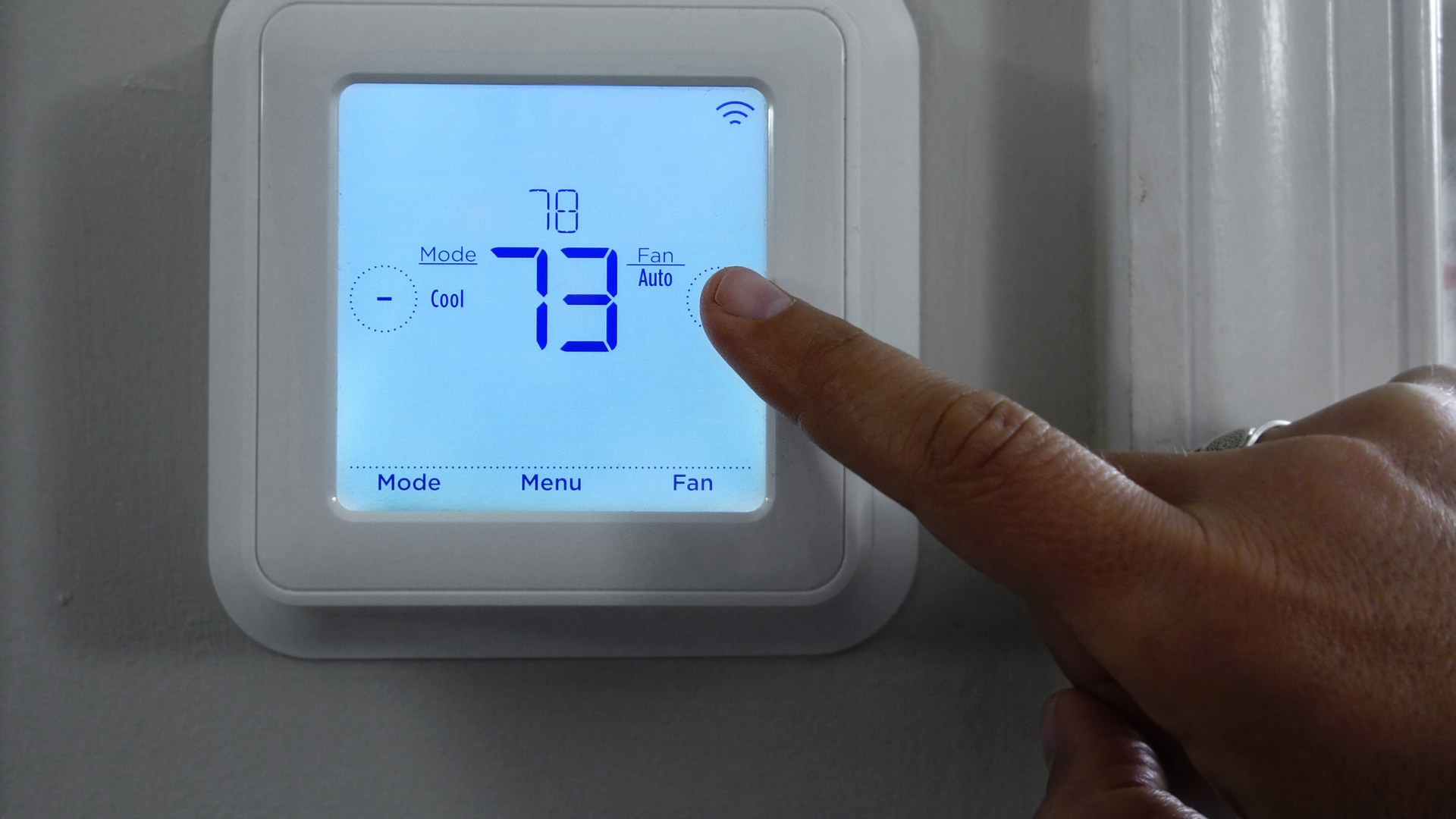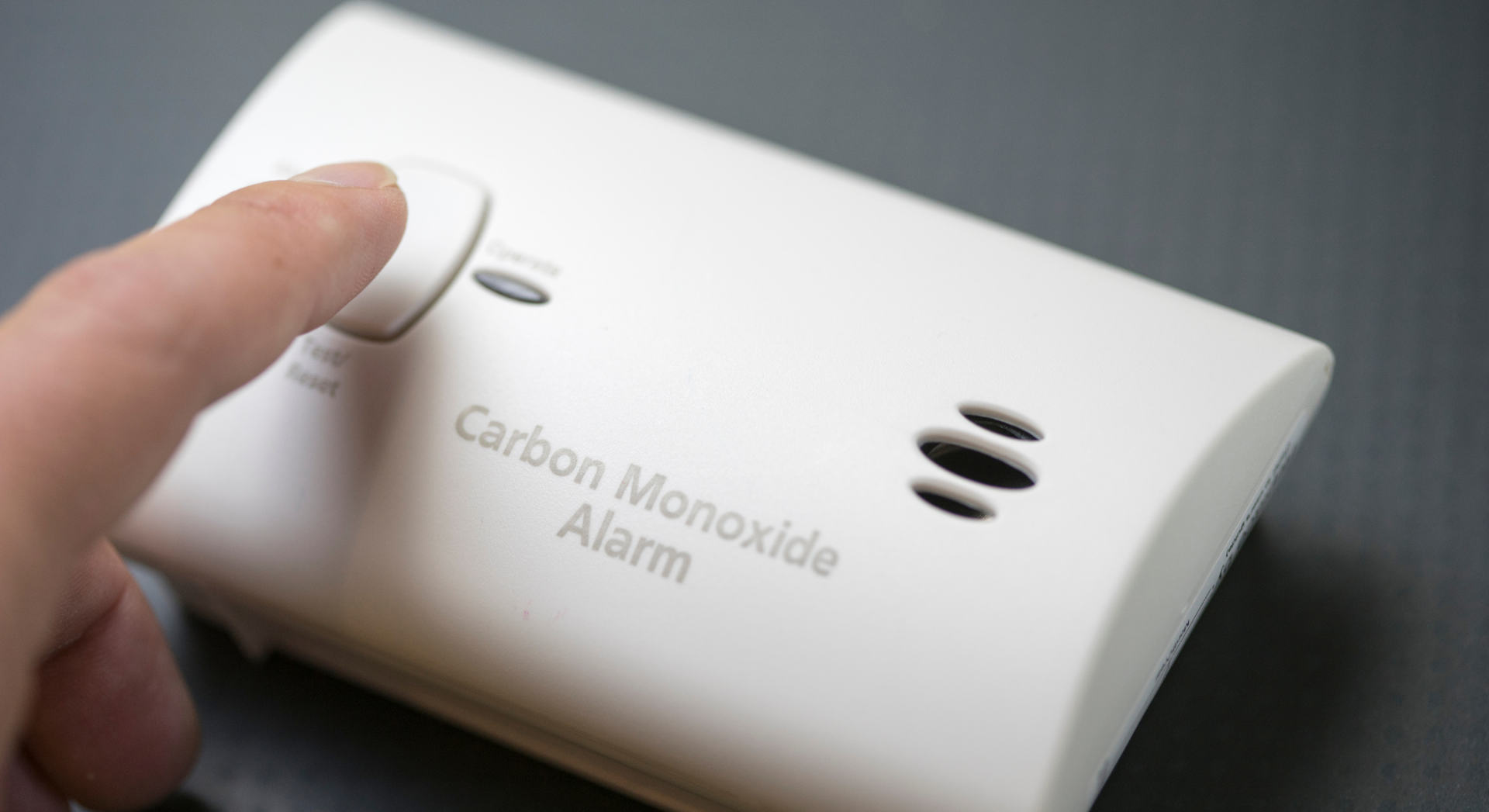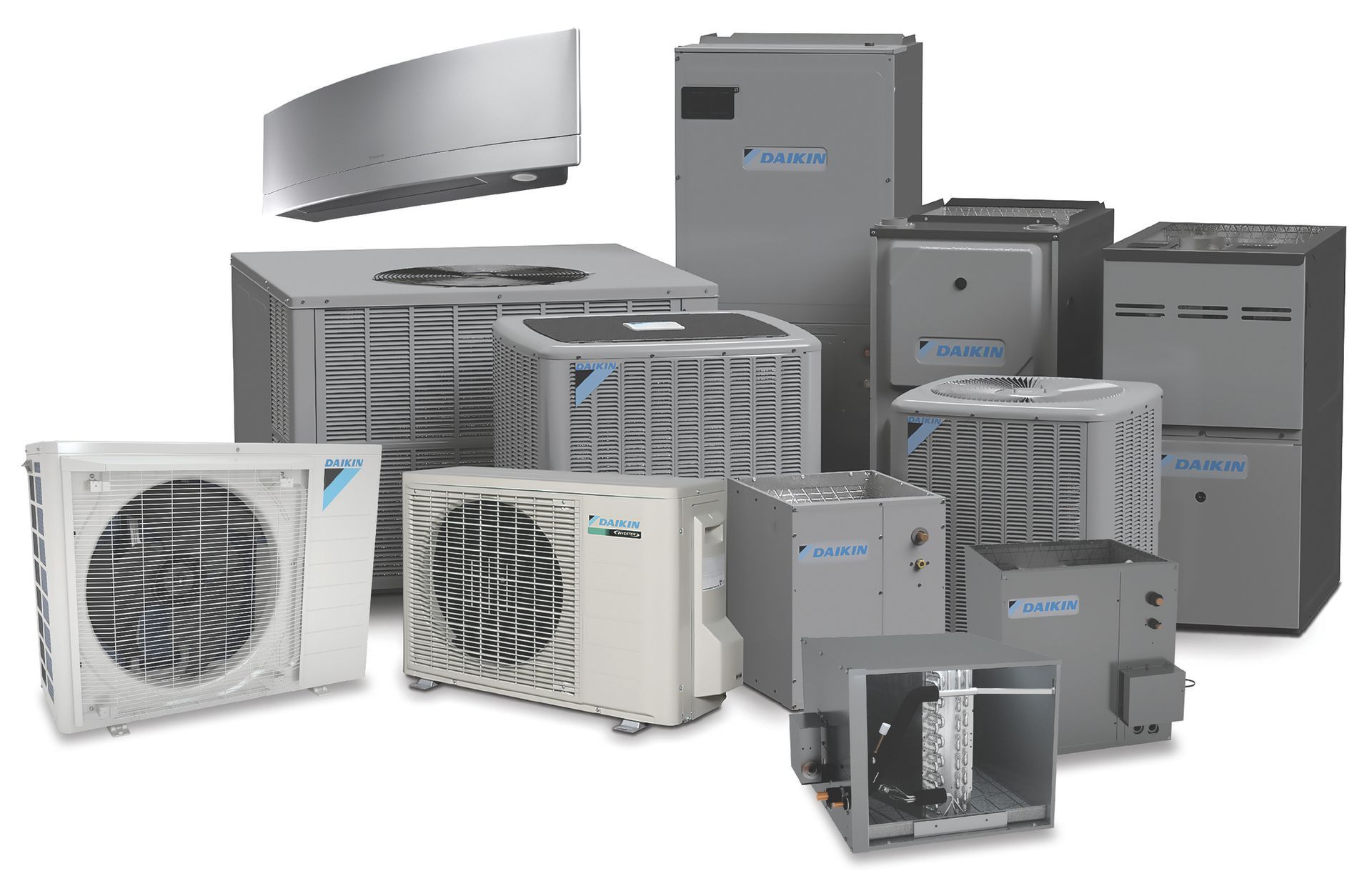Decoding HVAC Deals: Understanding the Promotions and the Motivations Behind Them
Understanding the Promotions and the Motivations Behind the Deal

As a homeowner, you've likely seen a plethora of promotions from HVAC companies promising incredible savings. From deeply discounted tune-ups to guarantees against breakdowns, these offers can seem too good to be true. While many of them offer genuine value, it's crucial to understand the motivations behind these promotions to make informed decisions and ensure you're getting the best deal.
Let's break down some of the most popular HVAC discount promotions and what's really driving them:
1. The "$59 (or Discounted) Tune-Up": The Loss-Leader Lure
This is perhaps one of the most common and enticing offers you'll encounter: a seemingly unbelievably low price for a comprehensive HVAC tune-up. While a good tune-up is essential for system efficiency and longevity, the economics of these deeply discounted offers reveal a different story.
The Motivation: This is a classic "loss-leader" strategy. HVAC companies offer these tune-ups at a price that barely covers, or even falls below, their operational costs (think technician wages, travel time, insurance, and benefits). The goal isn't to profit from the tune-up itself. Instead, it's a strategic move to get a technician through your door and capture new, long-term customers.
Since a thorough tune-up takes at least an hour or more, and skilled HVAC technicians command a good hourly wage (often $30 or more), most of that $59 will be allocated to covering employee costs. This leaves little, if any, profit for materials like coil cleaner or filters.
What This Means for You: To make money, the contractor will almost certainly need to find something that requires additional service or replacement. This could be something minor, like a failing capacitor or contactor, or something more substantial, such as a motor or a coil. While these issues may genuinely need attention, the low-cost tune-up acts as an entry point, ensuring their company is the one to identify and potentially resolve these issues. It's a calculated move to establish a relationship and become your go-to HVAC provider.
2. The "No-Breakdown Guarantee": Conditional Comfort
Some preventative maintenance promotions come with an attractive "no-breakdown guarantee," promising that your HVAC unit won't fail throughout the entire season. This offers a comforting sense of security, but it's essential to scrutinize the fine print.
The Motivation: This promotion aims to incentivize comprehensive preventative maintenance and, more importantly, encourage you to approve recommended repairs. By guaranteeing against breakdowns, the company minimizes their risk of costly, unplanned service calls down the line, and shifts some of that risk back to the homeowner.
What This Means for You: This guarantee almost always comes with two significant caveats:
- Accept All Recommended Repairs: The guarantee typically applies only if you agree to purchase every recommended repair identified during the preventative maintenance. In essence, the system is only guaranteed if you address all potential issues that could lead to a breakdown in the coming year.
- Parts Only, Not Labor: Even if a breakdown does occur, the guarantee often only covers the cost of parts, not the labor to install them. This means you could still be on the hook for a substantial labor bill, which may be high enough to effectively cover the cost of the materials anyway.
In short, while the "no-breakdown guarantee" sounds reassuring, it often means you're committing to a more extensive investment upfront or risking a significant labor cost should a covered part fail.
3. The "Repair Buyback" Promotion: A Stepping Stone to Replacement
In this offer, the HVAC contractor agrees to buy back recent repairs you've had on your system, applying the value of those repairs towards the purchase of a brand-new HVAC system. This can be a compelling offer, particularly if you've recently invested in a costly repair on an aging unit.
The Motivation: The primary motivation here is to secure a system replacement sale. HVAC system replacements are high-ticket items that offer significant profit margins for contractors. By "buying back" repairs, they remove a potential barrier to replacement (the feeling of wasted money on a recent repair) and make the upgrade seem more financially appealing.
What This Means for You: This can indeed be a great promotion, but only if the price of the repair is deducted from a competitive replacement price, not an inflated one. Always get multiple quotes for a new system to ensure the "buyback" isn't merely a tactic to mask an artificially high replacement cost. Do your due diligence to compare the final net price (replacement cost minus buyback) against other reputable bids.
4. The "Free Accessory" Promotion: Long-Term Revenue Streams
This promotion involves offering a "free" accessory, such as a UV light, an advanced filter system, or a humidifier, in exchange for your purchase of an HVAC system or significant service.
The Motivation: While seemingly a bonus, the contractor's motivation here is to establish an ongoing revenue stream through future maintenance. Many of these "free" accessories require annual or regular maintenance, such as filter replacements, UV lamp replacements, or humidifier pad changes. These maintenance services come at a cost to the homeowner, generating recurring income for the contractor over time.
What This Means for You: A "free" accessory can certainly add value to your home and improve air quality or comfort. However, be aware of the long-term commitment. Inquire about the cost and frequency of maintenance for the accessory before you commit. Factor these potential ongoing expenses into your overall decision.
5. Long-Term Extended Warranty Promotions: The Fine Print is Key
Many HVAC companies offer extended warranty promotions that go beyond the standard manufacturer's warranty, sometimes covering parts and even labor for many years. These can be very attractive for peace of mind.
The Motivation: Extended warranties provide a valuable service to homeowners by protecting against unexpected repair costs. For the contractor, offering these warranties can increase customer loyalty, generate additional revenue (through the warranty purchase itself or associated maintenance plans), and provide a competitive edge.
What This Means for You: Extended warranties can be highly beneficial, but understanding the fine print is paramount. Pay close attention to:
- Transferability: Often, these warranties are only for the current homeowner and do not transfer in the case of a property sale. This means if you sell your home, the next owner may not benefit from the extended coverage.
- Maintenance Requirements: Many extended warranties require the homeowner to be on a maintenance plan with the contracting company. This plan may or may not come with a monthly or annual cost. Failing to adhere to these maintenance requirements can void the warranty.
Always read the terms and conditions carefully before committing to an extended warranty. Ask specific questions about what's covered, what's excluded, transferability, and any associated maintenance obligations.
By understanding the motivations behind these popular HVAC discount promotions, you can approach them with a discerning eye, ask the right questions, and ultimately make choices that best serve your home's needs and your budget. Remember, a truly good deal is one that provides clear value without hidden costs or unexpected commitments.
Click Another Article to Read More









